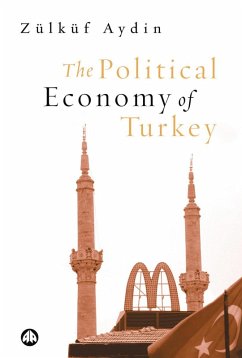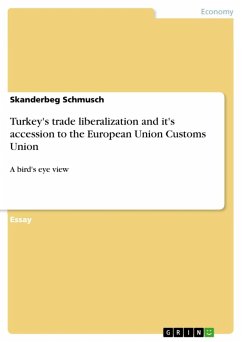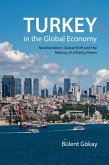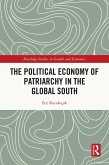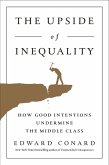Since the 1970s, Turkey has faced some of the most serious crises since the Republic was established in 1923. This book analyses the political and socio-economic problems faced by Turkey in recent decades and the country's gradual integration into the global economy.
Social unrest, political and ethnic violence, paralysis of the state bureaucracy and other institutions, increasing foreign debt, decreasing economic growth, vast inflation and increasing unemployment have all been part of everyday life in Turkey's recent history. Zulkuf Aydin argues that this state of affairs is symptomatic of a deeper, more enduring crisis arising from the way in which Turkey has been integrated into the global economy. Looking at democracy, repression, the military, the Kurdish question and regional inequalities, civil society, human rights and Islamic fundamentalism in Turkey, he shows how Turkey has become reliant on foreign investment and international financial institutions, offering a broader critique of globalisation in this light.
Social unrest, political and ethnic violence, paralysis of the state bureaucracy and other institutions, increasing foreign debt, decreasing economic growth, vast inflation and increasing unemployment have all been part of everyday life in Turkey's recent history. Zulkuf Aydin argues that this state of affairs is symptomatic of a deeper, more enduring crisis arising from the way in which Turkey has been integrated into the global economy. Looking at democracy, repression, the military, the Kurdish question and regional inequalities, civil society, human rights and Islamic fundamentalism in Turkey, he shows how Turkey has become reliant on foreign investment and international financial institutions, offering a broader critique of globalisation in this light.
Dieser Download kann aus rechtlichen Gründen nur mit Rechnungsadresse in A, D ausgeliefert werden.

